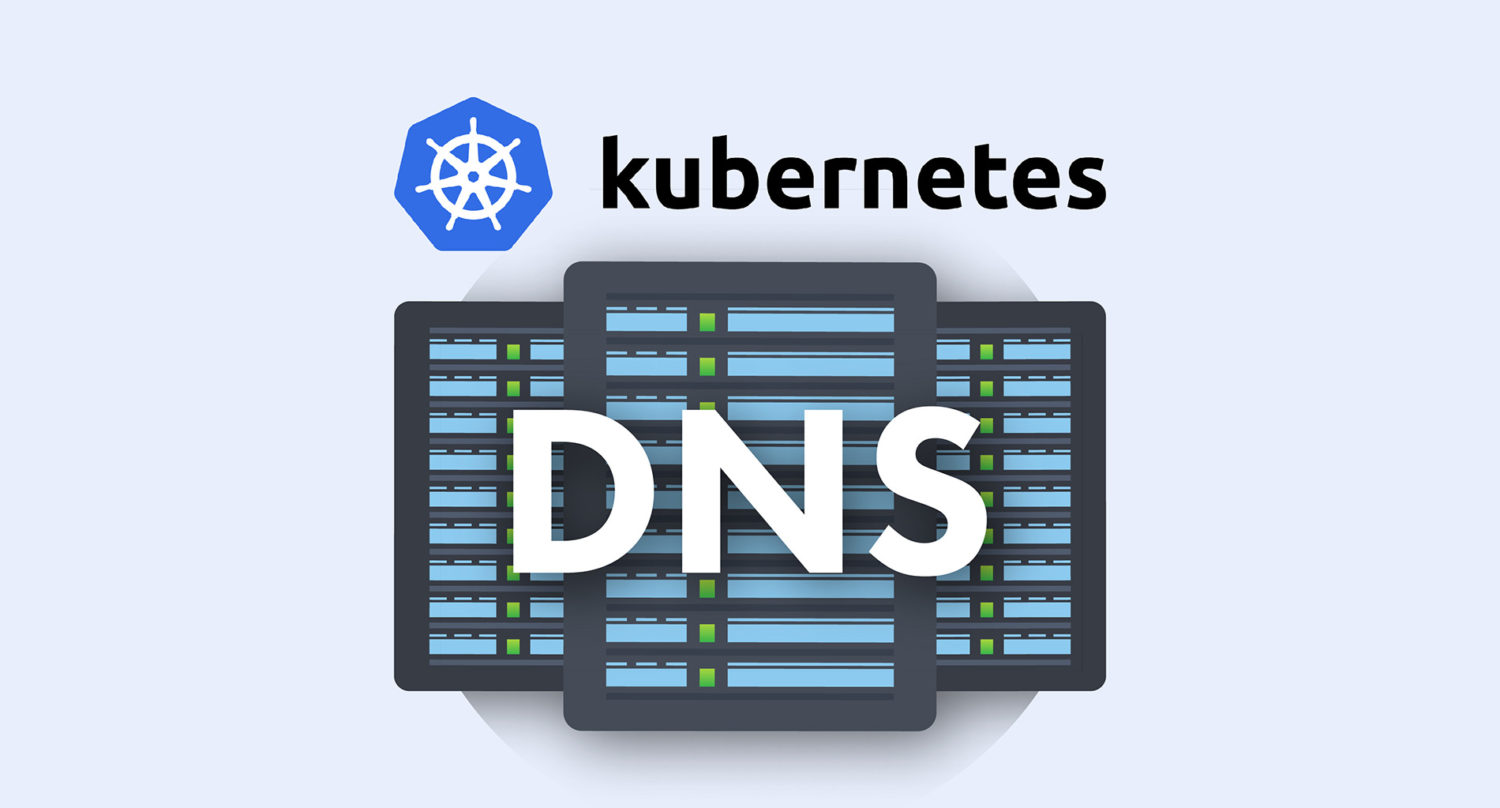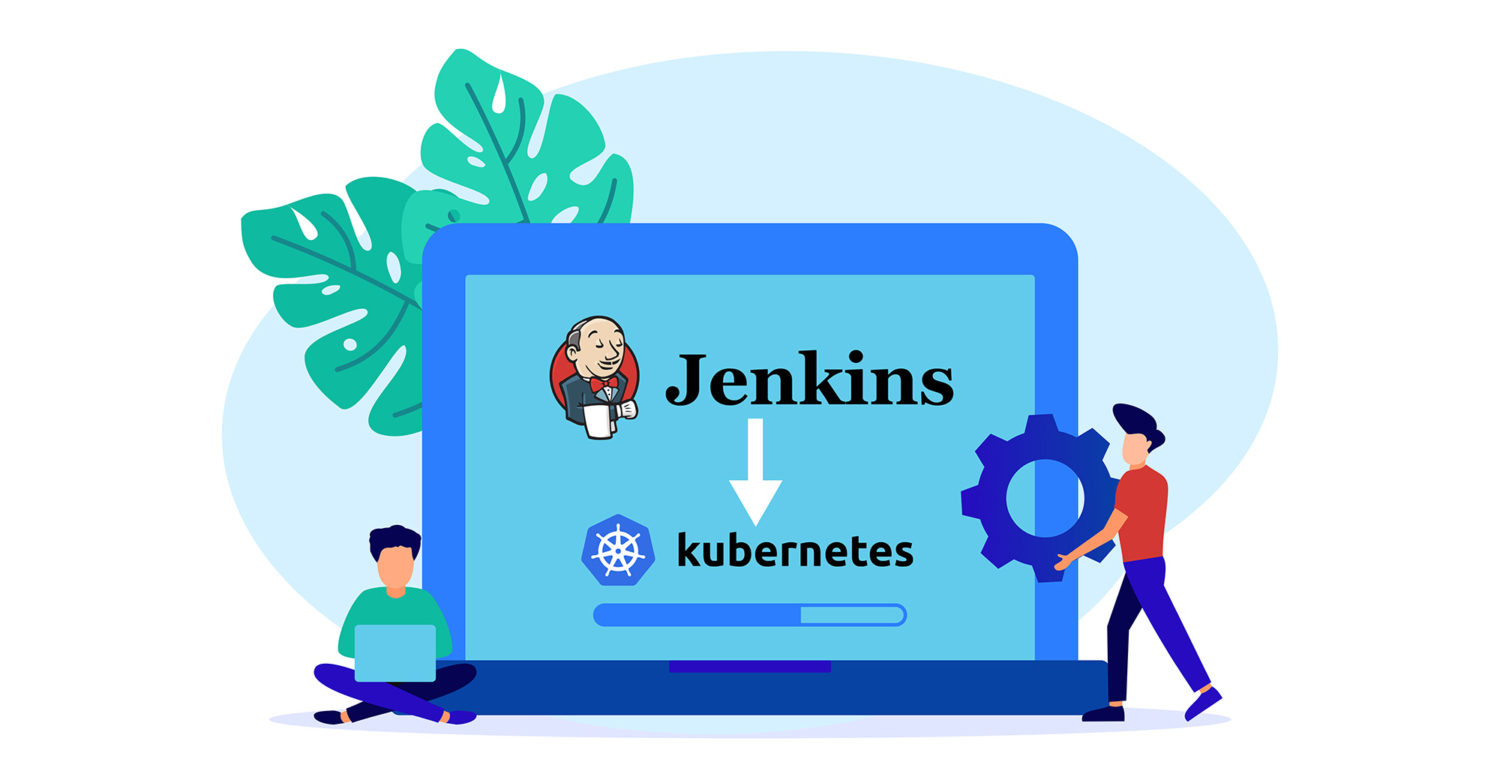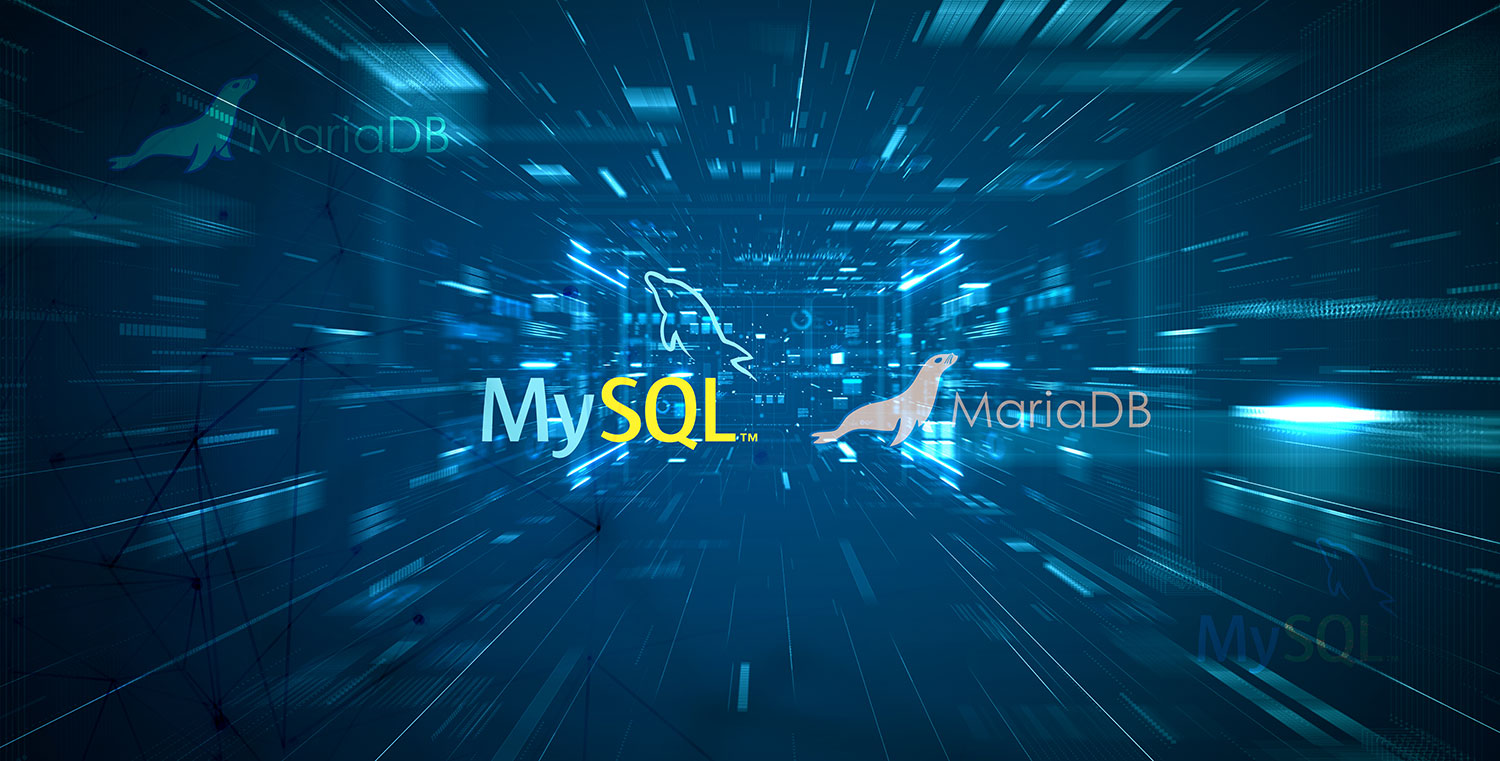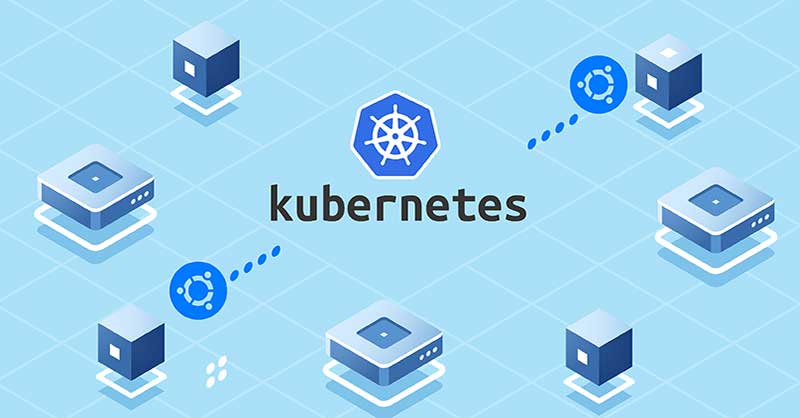Kubernetes, also known as K8s, is an open-source orchestration system for automating deployment, scaling, and managing containerized applications. Its portability, flexibility, and automatic scaling capabilities make it an extensively used system. Above all the standout features, the option to create DNS records for services and pods makes it unbeatable from other software systems. Kubernetes DNS service allows you to contact …
Installing Jenkins on Kubernetes
Continuous Integration and Continuous Development is now a standard way of deployment. Also called CI/CD, it creates pipelines to automate testing, deployment, integrating code, and reporting. While there are many tools available in the market, both free and open-source, in this tutorial, we will be installing Jenkins on Kubernetes. Jenkins is one of the most popular CI/CD tools used for …
Improving Database Availability and Performance: MariaDB/MySQL Auto-Clustering with Load Balancing and Replication
High data availability and consistently good performance are a necessity for modern applications. Database clusterization makes this a possibility. Clusterization is, however, a complex process that requires a lot of experience and expertise. To simplify the task and make it achievable, CloudSigma PaaS allows its users to access auto-clustering for MariaDB/MySQL. In this guide, we will discuss why database clusterization …
How To Create a Kubernetes Cluster Using Kubeadm on Ubuntu 18.04
This tutorial will guide you on setting up a Kubernetes cluster from scratch using Ansible and Kubeadm and further deploying a containerized Nginx application with it. Introduction Kubernetes (also known as k8s or “kube”) is an open-source container orchestration platform that automates many of the manual processes involved in deploying, managing, and scaling containerized applications. Kubernetes has a rapidly growing …





